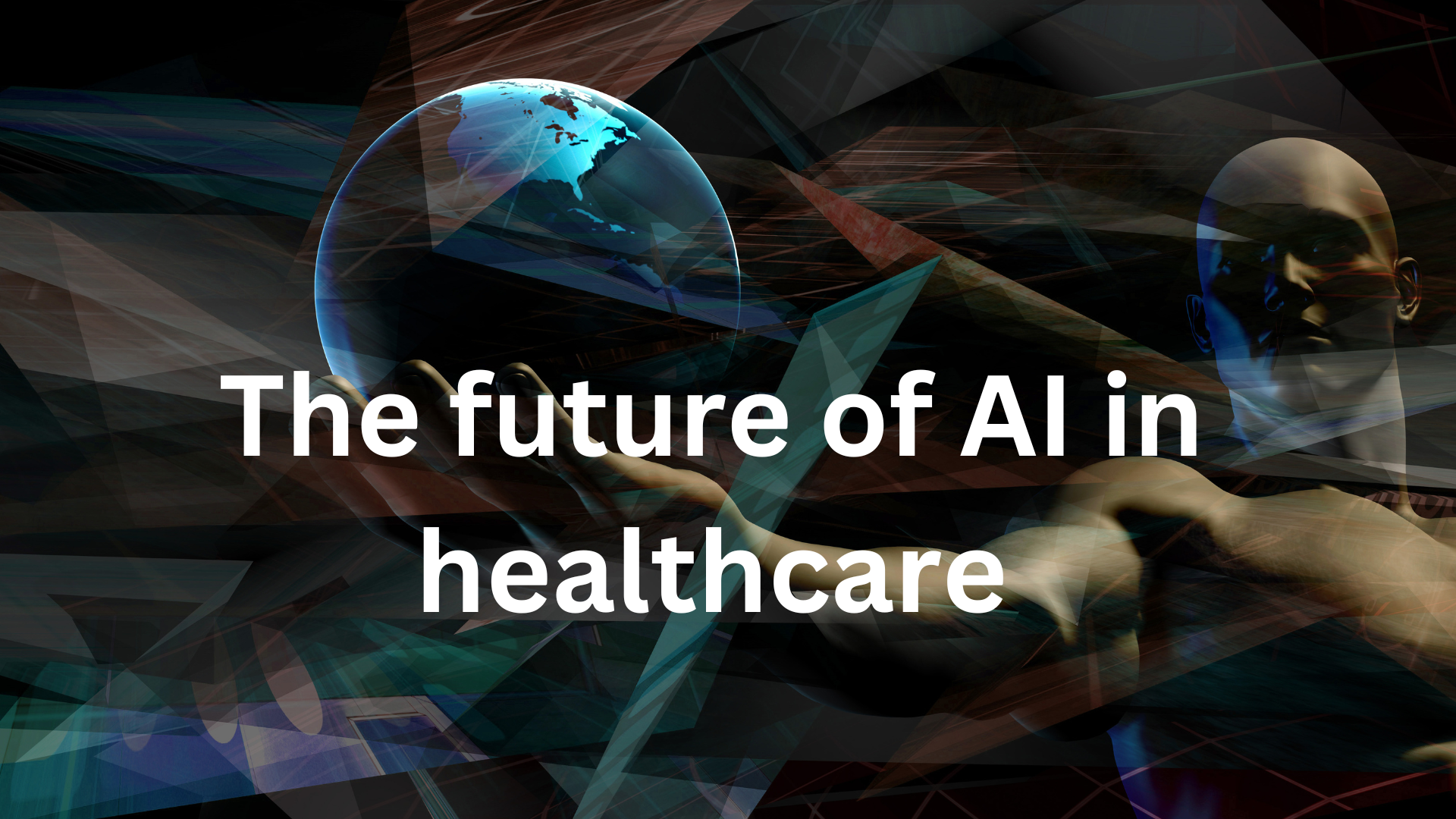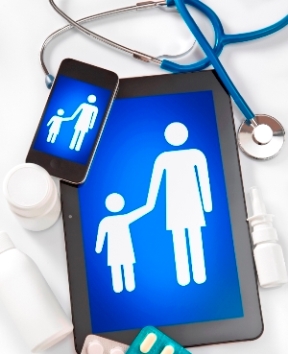ICTpost Media Action Bureau
Indians are turning in increasing numbers to the Internet for information related to their health. Access to information that was previously difficult, if not impossible, for consumers to obtain has helped drive a shift in traditional roles for patients and physicians. Technology has made possible additional avenues for communication that can enhance new relationships. Ample opportunities exist for librarians to participate in a collaborative practice role, helping to serve the needs of both consumers and physicians as consumer-driven, patient-centered health care evolves to meet its full potential.
India’s population which has, in the past, been an albatross weighing down the Indian economy. India’s demographic profile is now in flux and it is changing in a way that is quite favourable to economic growth. The right set of policies, however, can accelerate India’s demographic transition and magnify its demographic dividend. Alternatively, India could experience a demographic disaster if the country falls prey to a number of pitfalls lying ahead. India’s population is currently growing at a rate of 1.4 per cent per year. That is more than the 1.1 per cent rate for the world as a whole. When it comes to determination of income, there is a lot more to demographics than population growth. The age factor of the population is also very important.
Another factor driving people online to research health info is the increased cost of healthcare. Health insurance plans with high deductibles have led to a decline in patients visiting their physician and an increase in patients putting off medical treatments.
Since cost is an important issue for users of healthcare websites, many are now seeking resources that can help them estimate how much their medical expenses will cost. A February 2012 Deloitte survey found that 53% of health seekers said they would use a healthcare site that offered them a tool to tell them how much a health plan would pay for certain treatments or sevices. Patients also expressed a strong interest in seeing quality rankings and satisfaction ratings for specific doctors and hospitals.
Informed Consumers
Consumers thus have ample opportunities to become well informed regarding their conditions. What has been the effect of such dramatically expanded access to information? Physicians have realized that they need to know what their patients are reading. The service not only alerts physicians to medical items in the popular press but provides informative, peer-reviewed material on each topic for physicians to read to be prepared for patient questions. Health sciences librarians use such resources in a similar fashion to maintain awareness of medical news and to gain clinical knowledge on newsworthy topics.
Because patients can afford to focus narrowly on their own concerns, learning only about their condition, they have the possibility of ultimately becoming consumer specialists. In addition, all patients have the inherent knowledge of their own symptoms and the experience of living with a disease that physicians lack. Even with the sophisticated diagnostic tools available today, physicians operate at a severe disadvantage without the patients’ input. A growing population of extremely knowledgeable and involved consumer specialists have evolved, who go on to coordinate support groups, run chat sessions, or design and maintain outstanding Websites. As part of an online community of patients with similar conditions, individuals have the ability to compare treatment regimens and share practical advice gained through the experience of living with a disease as well as offer and receive emotional support.
The majority of health insurers customers do not trust their health plans: only 43% of health plan enrollees trust their plans, while 38% distrust them and 19% are neutral. However, other health ecosystem players are trusted, such as the patient’s physician and pharmacist, with 46% and 43% greater trust, according to Peppers & Rogers’ survey data.
Health insurers to create consumer trust
Health care reform is needed in India to give health insurance companies an opportunity to compete for new customers: by moving into the information age and treating patients like people.
When health insurers do offer individual plans, coverage and premiums are based on the individual applicant’s personal profile and health history. Pre-existing medical conditions are routinely excluded, lead to much higher premiums or denial of coverage altogether. Even in the few states where regulations demand that insurers offer coverage to every applicant, there are no restrictions on premiums, and pre-existing conditions can still be excluded. No wonder so many Americans do not have health insurance. editor@ictost.com








